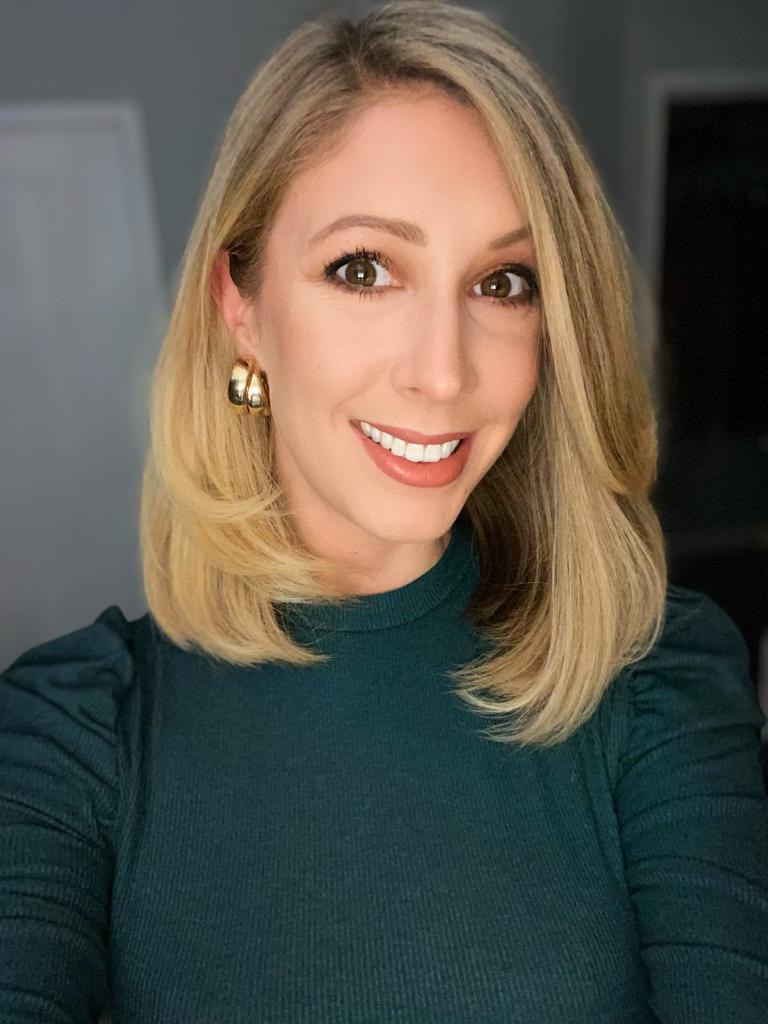
You are still quite new to OSB Group so how are you finding it all?
I knew I was coming into a brand new role that had not previously existed, so I was slightly anxious about how people would react both to me and the role. But I have been made to feel incredibly welcome personally and there is genuine interest in the job I have been employed to do.
My first aim when I joined in the run-up to Christmas was to get to know as wide a range of people in the organisation as possible. I wanted to learn about past diversity, equity and inclusion (DE&I) activity and initiatives, find out what people would really like OSB Group to do differently and where they would like to see improvements. My colleagues were very generous in finding time to meet with me and share their views.
The company induction also gave me great insight into the people and the company. It also provided key industry background information which was particularly valuable to me as I am new to financial services.
What are your main aims in your role at OSB?
My primary aim is to help drive DE&I forward for the group, so that everyone feels they are valued, supported and treated equally. The Group has long been committed to DE&I, and understands that the business’s most precious asset is our people. Employing me in a role dedicated entirely to promoting our DE&I agenda shows how seriously the Group takes its commitment to our people, and I am determined to use my role to help bring about positive developments across the group.
How do you feel now, being just over three months into the role?
My focus to date has very much been around shining the spotlight internally. We need our colleagues to know how valued they are by the group. Only when colleagues feel a sense of belonging, take pride in the work they do and feel an affinity with the organisation they work for, can this then be transmitted externally.
I have now finished my initial research and am embarking on creating a DE&I strategy that reflects our aspirations as a business, but also reflects the priorities of the people that make OSB Group what it is, ensuring they can feel they can bring their true selves to work and be surrounded by people who will champion each other.
This year’s theme for International Women’s Day is equity. How does OSB group approach equity?
Let’s start with the difference between equity and equality. Simply put, equality is about everyone having the opportunity to succeed. Equity is about considering what success looks like to each individual and, for us, working out how OSB Group can support them on their own journey to achieve their aspirations.
Steps we are taking to enhance equity include offering a range of tools and resources, such as training courses and support groups, to all colleagues, no matter what their journey looks like.
For International Women’s Day (today), we hope to highlight the huge range of successful women working at all levels of the company, doing different roles, but all with the common goal of being successful in their own way. We see this as an opportunity to celebrate individual talent and collective success. We have a whole host of events planned during March, from training sessions on impostor syndrome to panel discussions about women’s health, supporting parents and embracing equity. These events are of course open to all colleagues across the business, regardless of gender.
As a woman, have you experienced any barriers in your working life?
In 2017, I was diagnosed with endometriosis – a painful condition where tissue like the uterus lining grows outside the womb – something I live with every day. It’s never going to go away. But I am pleased to report that every employer I have had throughout my diagnosis journey and beyond has been really understanding. I think that’s partly because I have been very open in explaining the condition to them.
Many people are understandably uncomfortable talking about menstrual health, but a manager can’t offer their support if they don’t know how a colleague is suffering.
Many people are understandably uncomfortable talking about menstrual health, but a manager can’t offer their support if they don’t know how a colleague is suffering.
So, we all need to be more open and honest, and managers need to listen carefully to their colleagues’ needs, without making assumptions.
How do you think organisations can support women in the finance industry?
Organisations can proactively support women through, for example, targeted recruitment and training programs and mentorship initiatives. They can create a supportive work environment, which encourages collaboration and open communication.
Creating opportunities for career development is very important, but putting the stepping stones of support in place can also be key. The good news is that financial services firms are increasingly embracing DE&I, and forward thinkers like OSB Group want to lead the charge of positive change.



